Blog, Identity & KYC, Online Marketplace
Utilising Digital Identity Verification for Imparting Better Healthcare
The importance of patient identification and verification is crucial in the healthcare sector. Ac...
 Explore More
Explore More
Blog
Identity Verification: A Bulletproof Vest Against Sharing Economy Fraud
Over the previous year, you might have observed how the world has become increasingly dependent o...
 Explore More
Explore More
Blog
Shufti’s Journey Builder: Designing Identity Verification Made Simple
As financial regulations around the world become more complex and ever changing, businesses like ...
 Explore More
Explore More
Blog
Video KYC – Answer to Digital Revolution in the Gulf Region & UAE
The digital revolution in the Gulf region and UAE has been a hot topic these days. The economic d...
 Explore More
Explore More
Blog
Protect Your Business Against Identity Theft with Face ID Check
The efficacy of biometric authentication becomes questionable in the face of facial ID checks. It...
 Explore More
Explore More
Blog
Crypto Regulations 2021 – The Updated Compliance Regime in France
Within the last two years, France’ cryptocurrency landscape has experienced significant milestone...
 Explore More
Explore More
Blog
Analyzing and Balancing the Variables of an Effective Identity Verification Solution
Today’s constantly transforming digital landscape where technology empowers businesses fast-paced...
 Explore More
Explore More
Blog
Identity verification solutions to fight against faces of fraud
In this digital world, billions of smart devices are circulating, connecting and communicating wi...
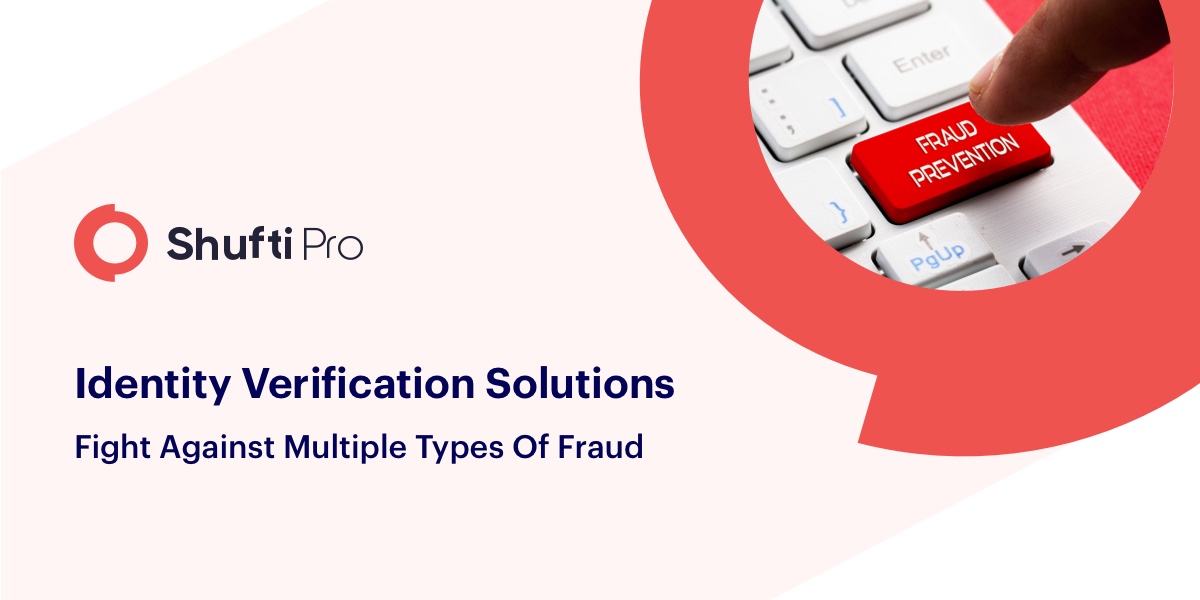 Explore More
Explore More
Blog
The State of Fraud Detection & Prevention in 2024 | Ready, Set, Fraud
Since the dawn of the internet in the 90s, we’ve witnessed multiple phases of digital revolution....
 Explore More
Explore More
Blog
UK’s On-Demand Culture – Building Trust & Security with Digital ID Verification
People across the world are spending more time on the internet ever since the pandemic struck the...
 Explore More
Explore More
Blog
A Brief Insight Into Anti-Money Laundering (AML) Regulations in Colombia
Money laundering has become a global issue, and almost all countries are facing this threat in va...
 Explore More
Explore More
Blog
Risk Assessment and Management | Why do Businesses need it?
B2B partnership always carries risks that must be managed whilst staying compliant. Business part...
 Explore More
Explore More
Blog
Top 5 Technologies Disrupting the Healthcare Sector
Within the next five years, experts are anticipating major technological disruption in the 808 bi...
 Explore More
Explore More
Blog
Customer Due Diligence – Risk Scoring of Fraudsters to Prevent Crimes
As per the research of The Journal of Accountancy, fraudsters carry out crimes for two reasons: n...
 Explore More
Explore More
Blog
Business transformations for operational resilience amid COVID-19 crisis
The pandemic continues affecting businesses and consumer operations along with having economical ...
 Explore More
Explore More
Blog
Modern Financial Management: The Role of KYI in Safeguarding Businesses
With our digital ecosystem being full of threats, there is a significant possibility that the qua...
 Explore More
Explore More
Blog, Online Marketplace
How Mobile KYC will revolutionize the Digital World?
Mobile KYC is the next frontier in Identity Verification services allowing greater access to busi...
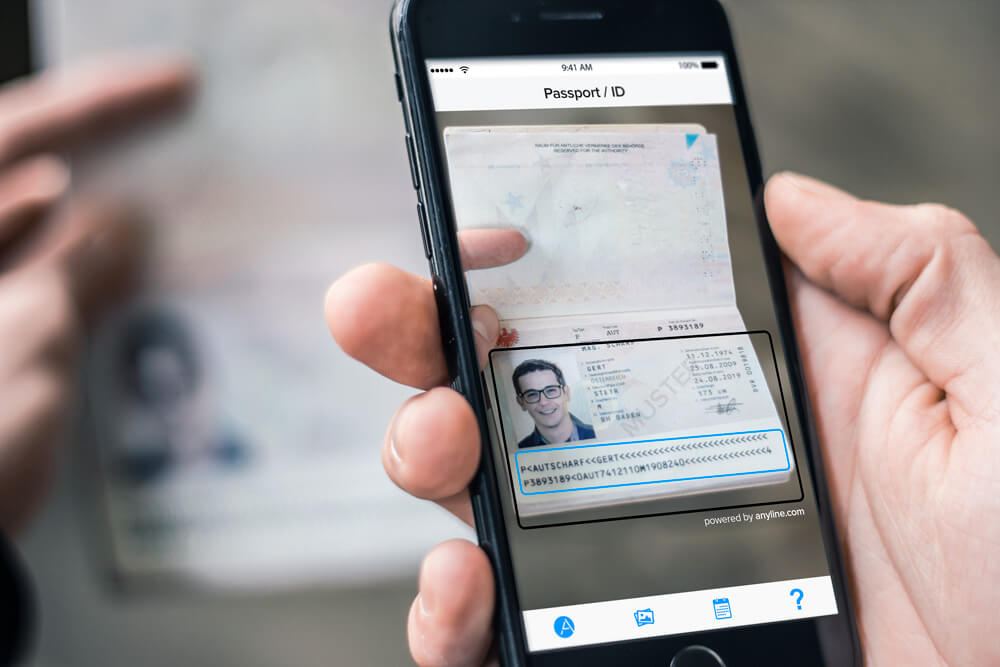 Explore More
Explore More
Blog, Online Marketplace
7 Identity theft protection practices for Business and Recuriters
Identity theft is now no more a cause of concern for the individual users only as corporations an...
 Explore More
Explore More
Blog
Identity Verification – Addressing the Challenge of Fraud in the Telecommunications Sector
Transforming technology, growing digitization, and increased use of online transactions have acco...
 Explore More
Explore More
Blog
Building Trust in Health and Telemedicine Services With Shufti’s Facial Biometric Verification Solution
Telecommunication technology in the healthcare industry is already widely used and is expanding t...
 Explore More
Explore More
Blog
5 Technology Trends To Disrupt Banking in 2020
Living in the digital era, technology is driving major changes in almost every industry. Whether ...
 Explore More
Explore More
Blog
Integrated Compliance Management – Mitigating the Regulatory Risks
Businesses operating in the financial sector often face organizational and compliance challenges....
 Explore More
Explore More
Blog
AML Compliance – Global Watchlists that Businesses Need to Consider
Coordinated sanctions after the Russian invasion of Ukraine have made the headlines due to their ...
 Explore More
Explore More
Blog
4 Tips to avoid digital payment frauds
Due to the contingency caused by the rapid expansion of the Covid-19, online transactions have in...
 Explore More
Explore More
Blog
CDD in Real Estate Sector – How to Comply With Updated Regulations
When it comes to investing funds, real estate is considered the safest sector to invest in becaus...
 Explore More
Explore More
Blog, Financial Crime / AML
Impact of Bitcoin Addresses’ Sanctions on IDV Providers
The technology enhancement is being done at an exponential rate around the world. As the tech kee...
 Explore More
Explore More
Blog
The ‘What’, ‘How’ and ‘Why’ of Sanctions Screening | A Basic Guide
International collaboration and cross-border transactions have become the norm in our interconnec...
 Explore More
Explore More
Blog
Investor Onboarding | Navigating the Challenges of Digitization
Private market companies are setting their sights on retail investors and exploring technology an...
 Explore More
Explore More
Blog
Know Your Patient – Balancing Security, Customer Experience and Compliance in the Healthcare Sector
As the healthcare industry continues to offer life-critical services while making efforts to impr...
 Explore More
Explore More
Blog
Top 5 FinTech Trends to Keep an Eye on in 2023
From the lingering effects of the COVID-19 pandemic to the sudden cryptocurrency market crash, 20...
 Explore More
Explore More
Blog
UK’s FIU Issues New Guidelines for Suspicious Activity Reporting
The UK’s Financial Intelligence Unit (UKFIU) has issued new guidance in August 2021. The latest i...
 Explore More
Explore More
Blog
The EU’s New AML Proposal, What’s in Store?
To strengthen the EU’s Anti-Money Laundering and Countering the Financing of Terrorism (AML/CFT) ...
 Explore More
Explore More
Artificial Intelligence, Blog
What are the 3 Stages of Money Laundering and How Can AML Checks Combat Fraud?
Criminals and organized crime groups have become creative and sophisticated in concealing sources...
 Explore More
Explore More
Blog
The Importance of Online Address Verification in E-Commerce
The rise of digitisation has given hackers more means to surpass security systems and conduct hig...
 Explore More
Explore More
Blog
Top 10 Technology Trends in the Travel Industry to watch for in 2022
The travel industry is one of the worst-hit sectors from the coronavirus outbreak, which disturbe...
 Explore More
Explore More
Blog
AML Compliance – Addressing Financial Crime Challenges in the UAE’s Banking Sector
The United Arab Emirates (UAE) is fast becoming the world’s most reputable financial hub, but the...
 Explore More
Explore More
Anti Money Laundering, Artificial Intelligence, Blog
AI a Blessing – AML compliance cost reduced by $217 billion
The U.S. financial firms spend approximately $25.3 Billion in terms of compliance, risk managemen...
 Explore More
Explore More
Blog
Strengthening digital businesses with online age verification
It is projected that by the end of 2021, 2.4 billion will buy products and services online, up 46...
 Explore More
Explore More
Blog
Identity checks – A Profitable Business Strategy or Another Business Expense?
Online commerce is a necessity of every business these days. With nearly every consumer carrying ...
 Explore More
Explore More
Biometric Technology, Blog
Biometric Authentication: Applications and Constraints
Biometric authentication is considered as an advanced way of ensuring Know Your Customer (KYC). T...
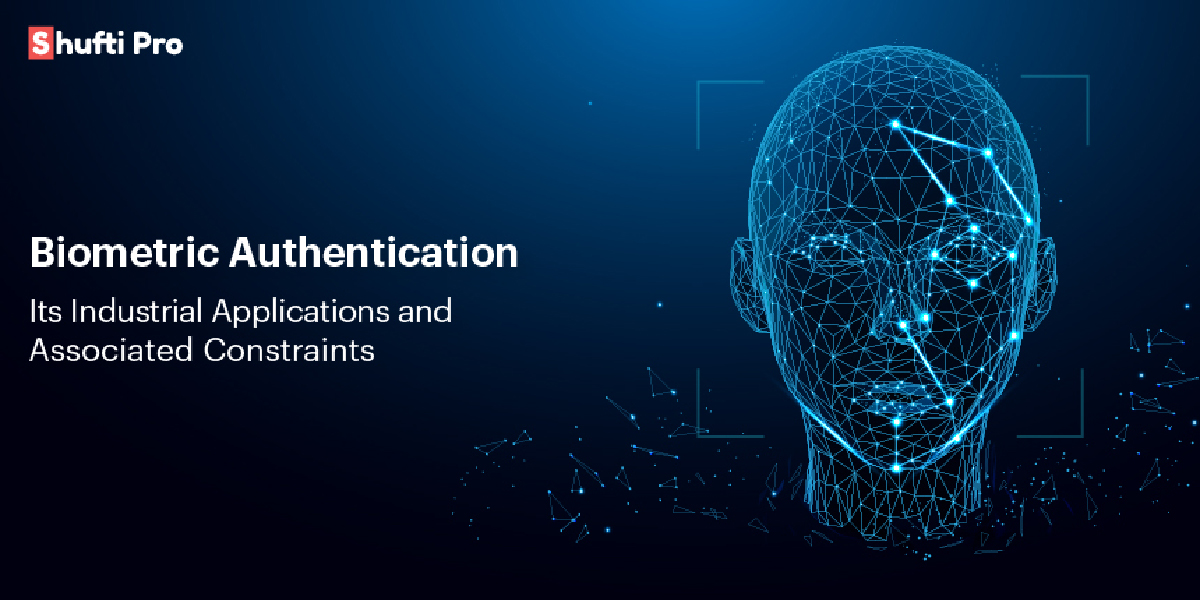 Explore More
Explore More
Blog
5 AI-Powered Products to Boost Digital Experiences Post Covid
If there’s one thing financial institutions understood within the first year of global shutdowns ...
 Explore More
Explore More
Blog
Identity Proofing – 7 Reasons Why Businesses Need it Now!
Modern-day cyberspace has effortlessly diminished the boundary between the real-life and digital ...
 Explore More
Explore More
Blog
5 Ways How AI Is Uprooting Recruitment Industry
Artificial Intelligence is strengthening its position in many industries and the recruitment indu...
 Explore More
Explore More
Blog
Know Your Investor | Understanding Which Investors to Onboard
Investor onboarding is regarded as one of the most critical stages of the business’s lifecy...
 Explore More
Explore More
Blog
Key Takeaways From Shufti’s ID Fraud Report 2021
The year 2021 was all about determining and reducing the growing number of biometric identity fra...
 Explore More
Explore More
Blog
Why Do Freelancing Platforms Need KYC?
Technological advancements came with several betterments for humans. Where every industry is bene...
 Explore More
Explore More
Blog
Talent Acquisition Fraud – Hiring Legitimate Candidates with Identity Verification
Along with the rise in virtual and remote work, the number of cases of recruitment fraud is incre...
 Explore More
Explore More
Blog, Online Marketplace
How the Rise of ID Verification Promises Trillions of Dollars for Online Marketplace?
The affliction of cybercrimes and online frauds has reached such high proportions that the cost o...
 Explore More
Explore More
Blog
De-Risking and Anti-Money Laundering Screening – How Shufti Can Help FIs
Every firm providing financial services must stay put with the existing compliance and follow new...
 Explore More
Explore More
Blog, Online Marketplace
What do NGOs have to gain from Identity Verification Services?
Identity Verification services are quickly becoming the cornerstone of NGO-related activities acr...
 Explore More
Explore More
Blog, Online Marketplace
The Importance of Know Your Customer for Crowd Funding and ID Verification Service
In today’s world where most business and financial transactions are taking place online, the impo...
 Explore More
Explore More
Blog
Synthetic Identity – A New Form of Identity Fraud for 2019?
Synthetic identity fraud (SIF) is a comparatively new form of identity theft that has gripped the...
 Explore More
Explore More
Blog
China’s New Data Security and Personal Information Protection Laws [2022 Update]
For the purpose of identification, interdiction, and prevention, many governments, regulators, an...
![China’s New Data Security and Personal Information Protection Laws [2022 Update] China’s New Data Security and Personal Information Protection Laws [2022 Update]](https://shuftipro.com/wp-content/uploads/b-img-china-1.jpeg) Explore More
Explore More
Blog
A 2024 Overview of Identity Document Forgery
As technologies like artificial intelligence and machine learning have advanced, they have signif...
 Explore More
Explore More
Blog
Japanese FSA to Beef Up AML Systems from Fiscal 2021
Growth in South Asia has far exceeded that in any other country over the past few years and digit...
 Explore More
Explore More
Blog
Facial recognition technology grooving into cruise ships for ID verification
No more boarding frustration, no more standing in the queues for hours…
The travel industry is re...
 Explore More
Explore More
Blog
Securing Instant Money Transfers in the Banking Sector – EPC’s New Rulebook
Financial services have always played a vital role throughout the entire history of advanced huma...
 Explore More
Explore More
Anti Money Laundering, Blog, Business Technology, Financial Crime / AML, Identity & KYC
Global Economies are joining forces with FATF against money laundering
Financial Action Task Force (FATF) has been very keen on eliminating financial crime (money laund...
 Explore More
Explore More
Blog
Protecting Crypto Ecosystem with Effective Compliance Measures and Robust AML Screening
In November 2021, the market capacity of the cryptocurrency went over $3 trillion. With the incre...
 Explore More
Explore More
Blog
Know Your Players: Why KYC is Necessary for Gaming and Gambling
The post-COVID-19 era has witnessed a remarkable surge in the e-sports and gaming sectors. This t...
 Explore More
Explore More
Blog
Metaverse and Meta Criminals – Is it Possible to Secure Identities with IDV?
Ever since Mark Zuckerberg changed Facebook’s name to Meta, the acronym “metaverse” has taken ove...
 Explore More
Explore More
Blog
Blockchain and cryptocurrency security Guide
Online bitcoin business might have experienced a slump in recent months but still, it remains to ...
 Explore More
Explore More
Blog
Swipe Right on Facial Verification for Secure Online Dating
In today’s COVID-ridden world, in-person dating is deemed very risky due to the spread of the vir...
 Explore More
Explore More
Blog
An Insight into the US Regulations for the Art Art & Antiquities Sector
Billions of dollars worth of art and antiquities are traded throughout the world without checks t...
 Explore More
Explore More
Blog
KYC | How to perform KYC verification in three simple steps
Know Your Customer (KYC) is an identity verification process that plays a critical role in the pr...
 Explore More
Explore More
Blog
COVID-19 and Travel & Tourism Industry – What Opportunities Await Post-Pandemic?
The world is completely exhausted with the COVID-19 pandemic. The corporate sector has lost enoug...
 Explore More
Explore More
Blog
A Guide to Anti-Money Laundering (AML) Regulations in the UAE
As the Middle East’s financial hub, the UAE offers several enticing free trade zones that a...
 Explore More
Explore More
Blog
A Brief Insight Into Anti-Money Laundering (AML) Regulations in Colombia
Money laundering has become a global issue, and almost all countries are facing this threat in va...
 Explore More
Explore More
Blog, Business Technology, Identity & KYC
6 Digital Solutions for Banks to Help with KYC
Digital KYC: For banks, streamlining the customer onboarding is essential. The manual way of ente...
 Explore More
Explore More
Blog
The Worldwide Response on Covid Vaccine Passports – A Brief Insight
One question that is being asked around the world with great urgency is, would freedom be granted...
 Explore More
Explore More
Blog
KYC Checklist: A Comprehensive Guide for Businesses and Financial Institutions
In the ever-evolving landscape of finance, having a solid defence against financial crime is cruc...
 Explore More
Explore More
Blog
KYC Services For ICOs – Why you need to have them now?
KYC services play a vital role in conducting an ICO in more than one way. They can make the entir...
 Explore More
Explore More

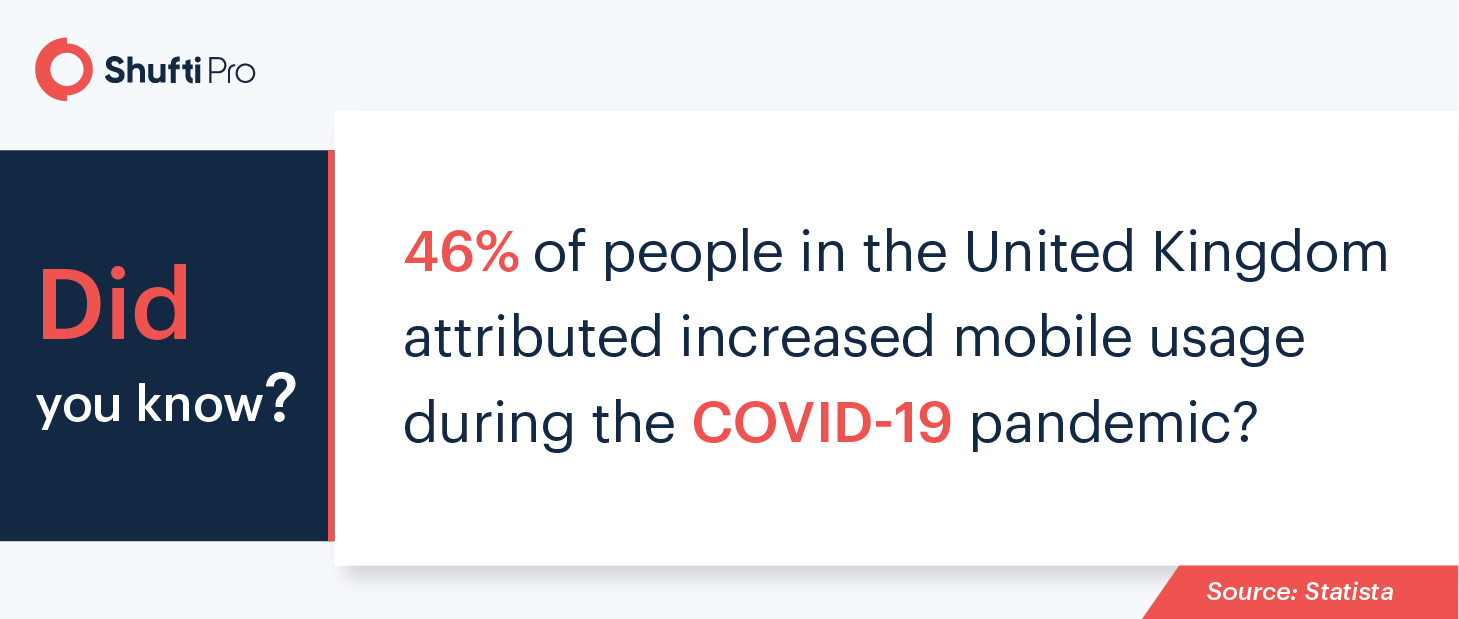
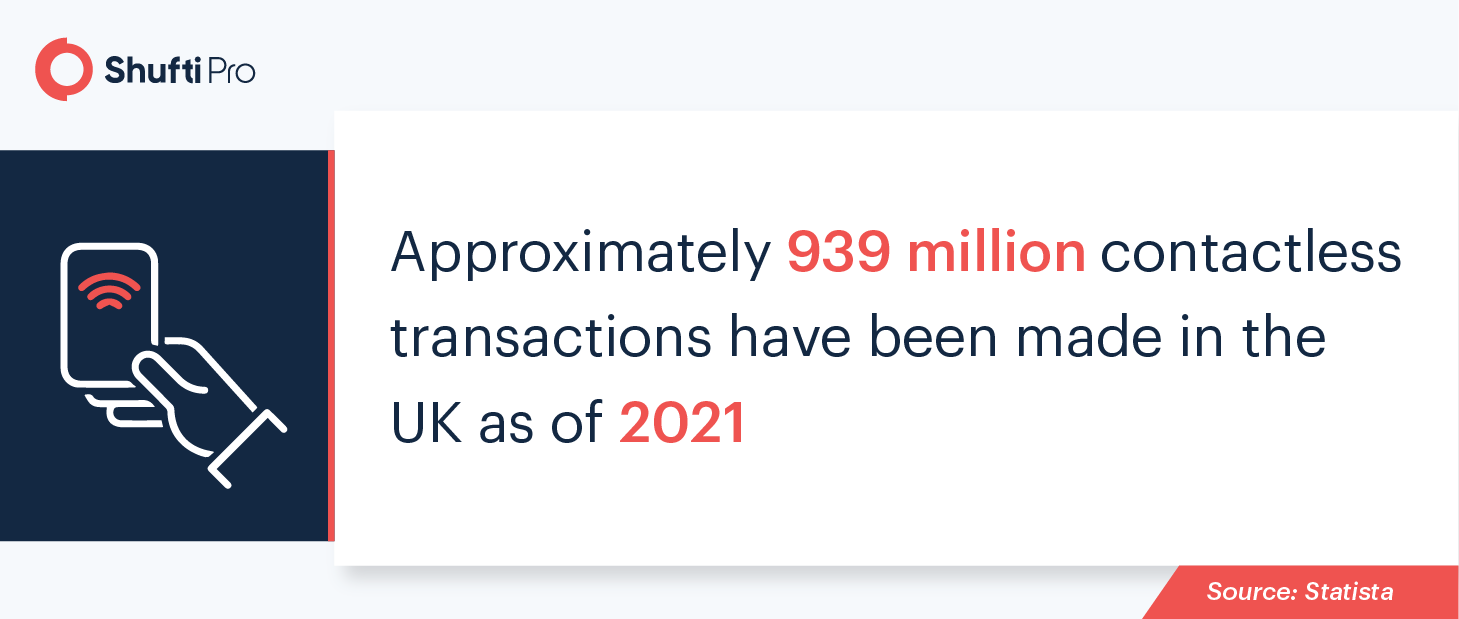
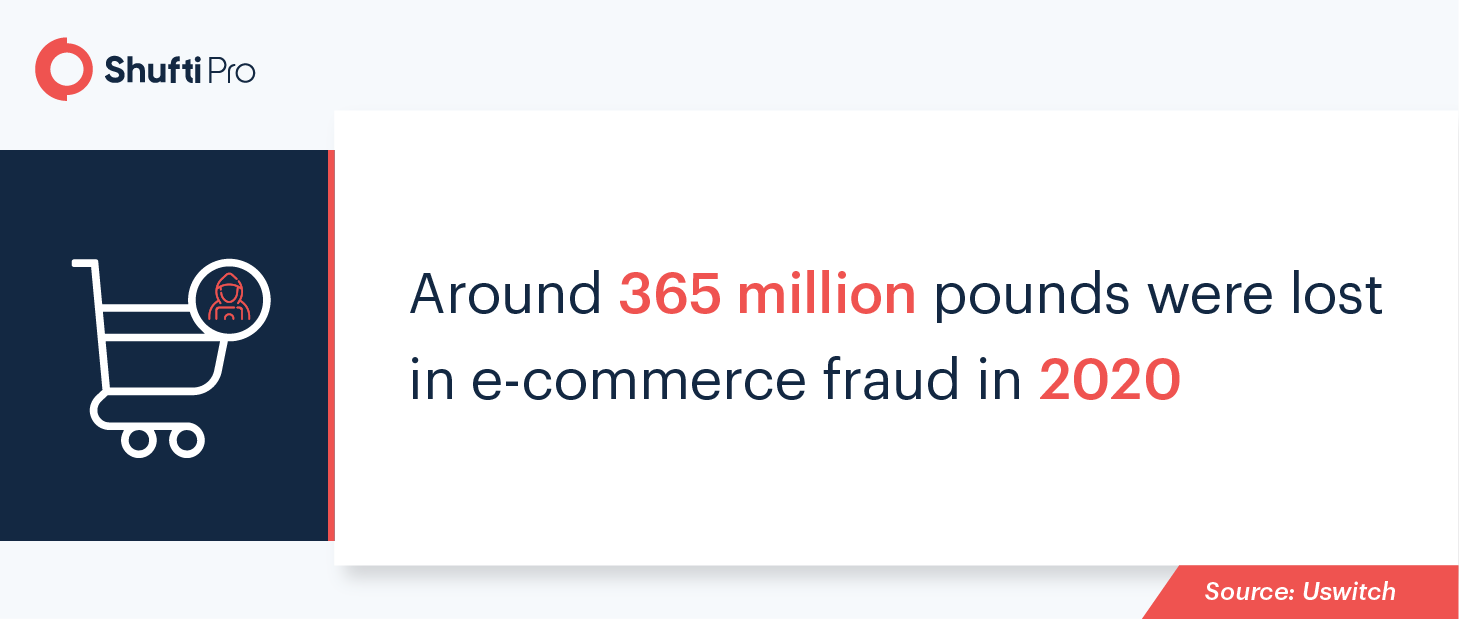























































![China’s New Data Security and Personal Information Protection Laws [2022 Update] China’s New Data Security and Personal Information Protection Laws [2022 Update]](https://shuftipro.com/wp-content/uploads/b-img-china-1.jpeg)

















